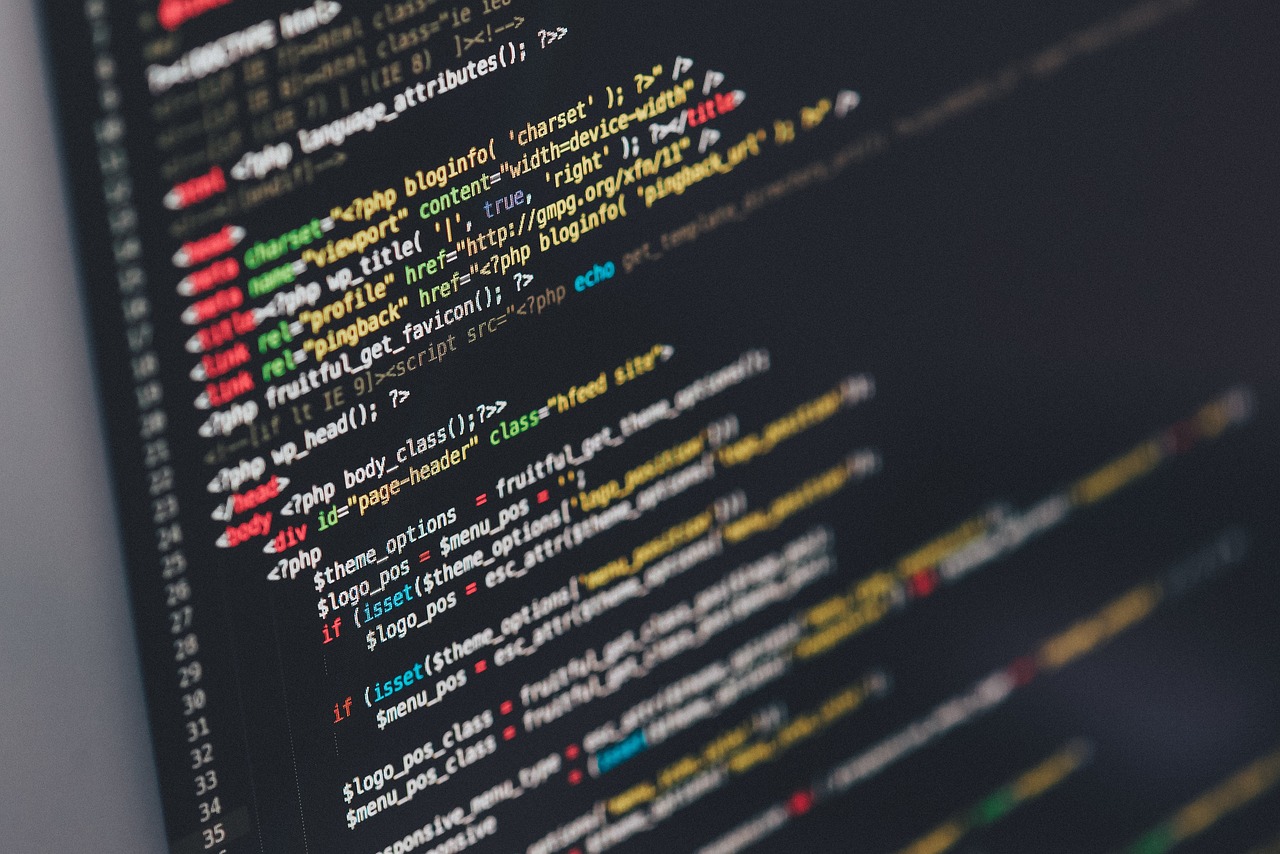Learn Coding for Free
Learn Coding for Free
Blog Article
Learning to code can be free. With the right mindset, time, and the right no-cost resources, you can learn programming. Start small, remain consistent, and soon you'll be getting skilled in programming languages and building your own projects. Best of luck coding!
How to Learn Coding for Free
In today's tech-driven world, programming has evolved into an essential ability for various sectors. Whether someone is looking to enhance your job prospects, build a new one, or just want to cultivate a side project, learning how to code is an valuable step. However, many people think is that learning to code demands paid programs or degrees. The truth is, it's possible to learn coding at no cost. Below is how to get started.1. Select a Coding Language
Prior to starting, it’s essential to determine which coding language to focus on. Each language has its own purposes, and picking the right one depends on your goals. Below are a few popular options:Python: Renowned for its clear syntax, Python is a great choice for beginners. It’s widely used in website building, data analysis, artificial intelligence, and automation.
JavaScript: If you're keen on developing websites, JavaScript is a necessary language. It's applied to create interactive features on websites and pairs with HTML and CSS.
HTML/CSS: These aren’t coding languages, but if you’re looking to build websites, HTML and CSS are the core for structuring and styling web pages.
Java: A versatile language used for developing Android applications, backend systems, and large enterprise projects.
C++/C#: These are more challenging languages, often utilized for game development and system software.
Start by choosing one language, then look for free resources specific to it.
2. Find Free Online Coding Resources
Because of the free-sharing culture of the tech world, you can find a treasure trove of free resources online to start learning. Some of the best platforms include:Codecademy: Offers interactive coding lessons in different languages like Python, JavaScript, and Ruby. The introductory courses are free, enabling you to practice coding immediately.
FreeCodeCamp: A detailed platform that teaches web development, data visualization, and more. You can even earn certificates and join in real-world projects.
Coursera and edX: These platforms offer free learning to coding courses from universities like Stanford and MIT. You can sit through the courses without having to pay for a certificate.
Khan Academy: Provides tutorials in computer science and programming with a focus on JavaScript and web development.
YouTube: Many coding experts provide free guides on YouTube. Channels like Traversy Media, The Net Ninja, and CS50 give hours of content covering different aspects.
3. Keep Practicing
Learning to code is like acquiring a second language—it demands practice. Theoretical knowledge is essential, but hands-on application is where you truly improve. Some platforms provide opportunities to practice coding online:HackerRank: A popular site that delivers coding challenges and competitions. It’s a great way to hone your logic.
LeetCode: Used by developers focusing on technical job interviews, LeetCode provides a wide range of coding problems in different languages.
Codewars: Provides coding challenges called "katas" to help you improve your skills.
4. Engage with Programming Communities
Coding can feel daunting at times, but you're not alone. Joining an online community of other beginners and programmers can offer help, tips, and motivation. Websites like Reddit (r/learnprogramming) and Stack Overflow let you seek answers and interact with other coders. GitHub, another important resource, lets you team up on coding projects, contribute to open-source software, and learn from other developers’ code.5. Start Building
As you gain confidence, begin creating your own projects. Whether it's a personal website, a simple app, or a small game, starting from zero will solidify your knowledge and demonstrate your skills. You can also display your projects as part of a portfolio for future job opportunities. Additionally, your projects can serve as part of a portfolio for prospective employers or companies. This will highlight your skills, but also prove your commitment to advancing as a developer.Final Thoughts
Becoming proficient in coding doesn’t have to be expensive. With the right free resources, anyone can pick up coding from scratch. Begin with basic steps, maintain a steady practice, and interact with other developers. Eventually, you’ll build your own projects and open new opportunities for yourself.Find out more on - For Loop in C Programming Example Report this page